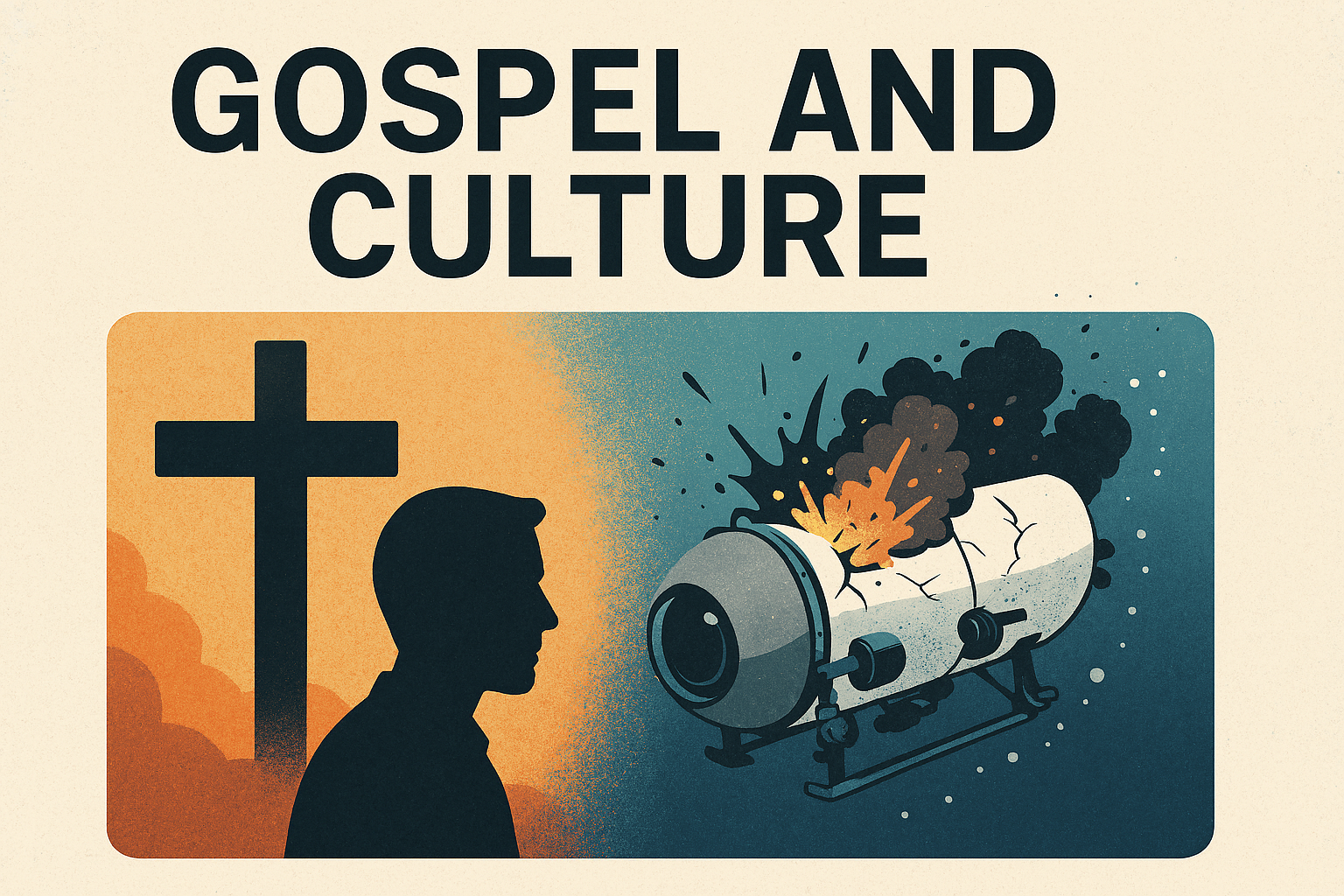
Hallelujah! What a Savior!
Pastor Robert Zemke
This week, we celebrate the death of our Savior, who brought redemption to all who would confess him and follow him. We can often focus on the resurrection, overlooking the fact that when we say "he is risen," it is a vindication of his crucifixion. Fleming Rutledge makes this startling point in her book, The Crucifixion: Understanding the Death of Jesus Christ. Her book highlights how they understood the crucifixion at that time.
"Crucifixion as a means of execution in the Roman Empire had as its express purpose the elimination of victims from consideration as members of the human race. It cannot be said too strongly: that was its function. It was meant to indicate to all who might be toying with provocative ideas that crucified persons were not of the same species as either the executioners or the spectators and were, therefore, not only expendable but also deserving of ritualized extermination."
The image of the cross is all too familiar to us. Yet Fleming mentions that though crucifixion was frequent during Roman times, the cultured literary world did not refer to it. It was too gruesome of a theatrical display of cruelty. She continues:
"Therefore, the mocking and jeering that accompanied crucifixion were not only allowed; they were part of the spectacle and were programmed into it. In a sense, crucifixion was a form of entertainment. Everyone understood that the specific role of the passersby was to exacerbate the dehumanization and degradation of the person who had been thus designated to be a spectacle. Crucifixion was cleverly designed — we might say diabolically designed — to be an almost theatrical enactment of the sadistic and inhumane impulses that lie within human beings. According to the Christian gospel, the Son of God voluntarily and purposefully absorbed all of that, drawing it into himself."
Christ was willing to be treated as a non-person of a different species even though he created that species and embodied it perfectly in the flesh. He is the only person who never sins. We can treat Jesus not as less human but instead as less than divine. We can consider him as one who sees the world like we see the world or, as some claim, is flawed like us. We want a savior more like us. When we take this attitude, we miss his mighty love and the one worthy of our trust, whatever comes our way. Do not miss seeing the Messiah for who his word says he is so we can all spontaneously cry out, Hallelujah! What a Savior!





